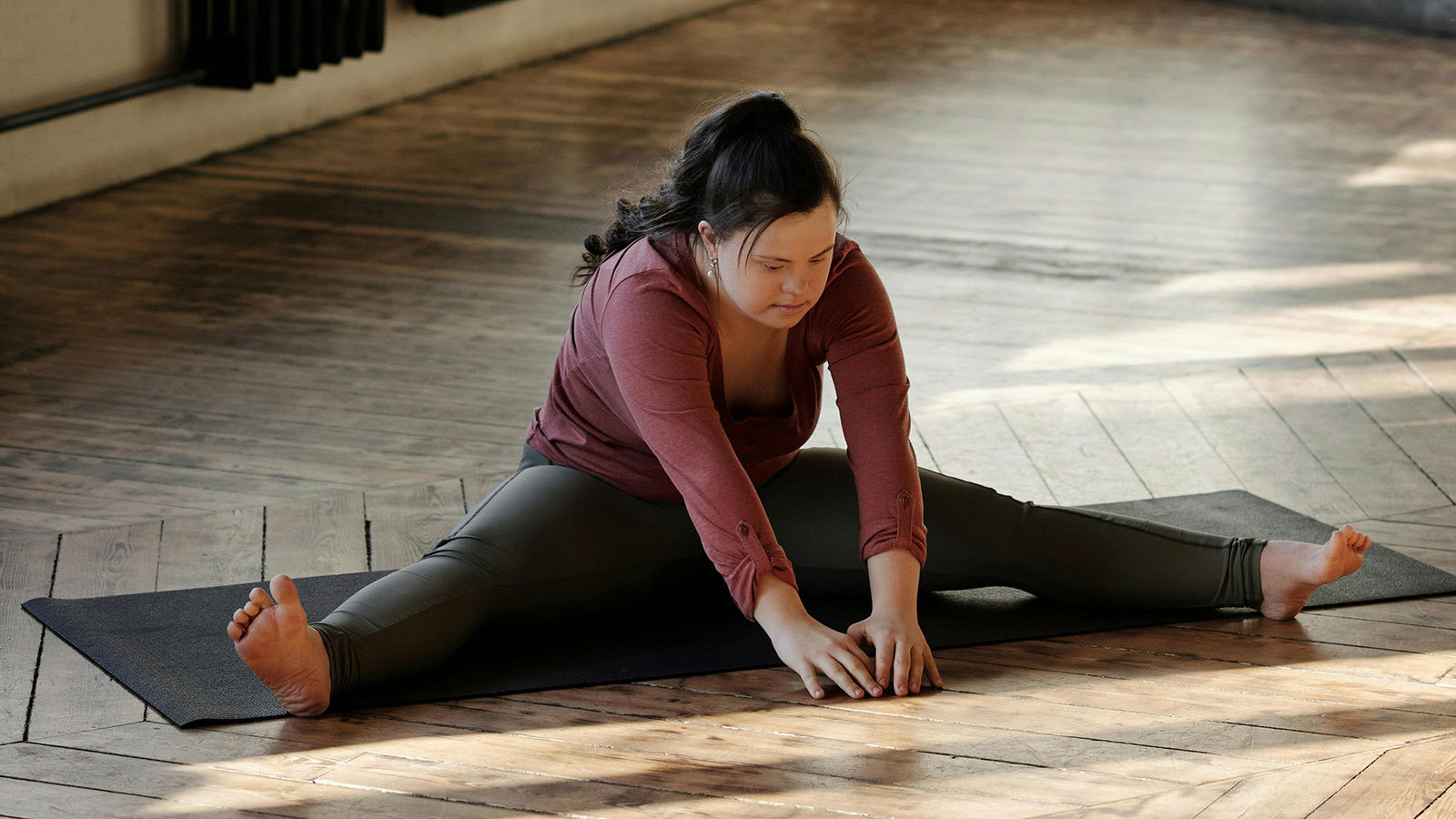New Reports Highlight Health Disparities Among Adults with Disabilities
Dr. Audrey Juhasz and three other researchers at the Center for Mental Health Promotion housed within the Institute for Disability, Research, Policy, and Practice recently completed an analysis of nationally representative datasets.
The Association of State and Territorial Health Officials and the Association for University Centers for Disability awarded the team $81,985 to conduct these analyses aimed at better understanding trends related to mental health among people with disabilities in the United States.
In several reports by the CHMP, the research team found that people with disabilities experience more poor mental health days. Initial analyses revealed that while only about a quarter of people without disabilities (26%) experience frequent mental distress, more than half (56%) of people with disabilities report poor mental health more than half of the days in the last month.
To explore this how this finding may be impacted by contextual factors, the researchers compared groups based on age, sex, and urbanicity. Adults with disabilities aged 65+ had fewer poor mental health days, but there were no differences between males and females, or between rural and urban counties.
“Thinking about the ways resources are distributed, geographically, is really important.” Juhasz said.
“Our results are showing that the likelihood of an adult with a disability experiencing poor mental health are the same regardless of whether they live in a rural or urban area. But we know that resources are not equally available in rural and urban areas.”
It is still common for healthcare resources, including access to mental health support, to be inaccessible to people with disabilities. Findings from these reports are being used by the CMHP to help advocate for systems changes to improve the accessibility of healthcare services for people with disabilities.


